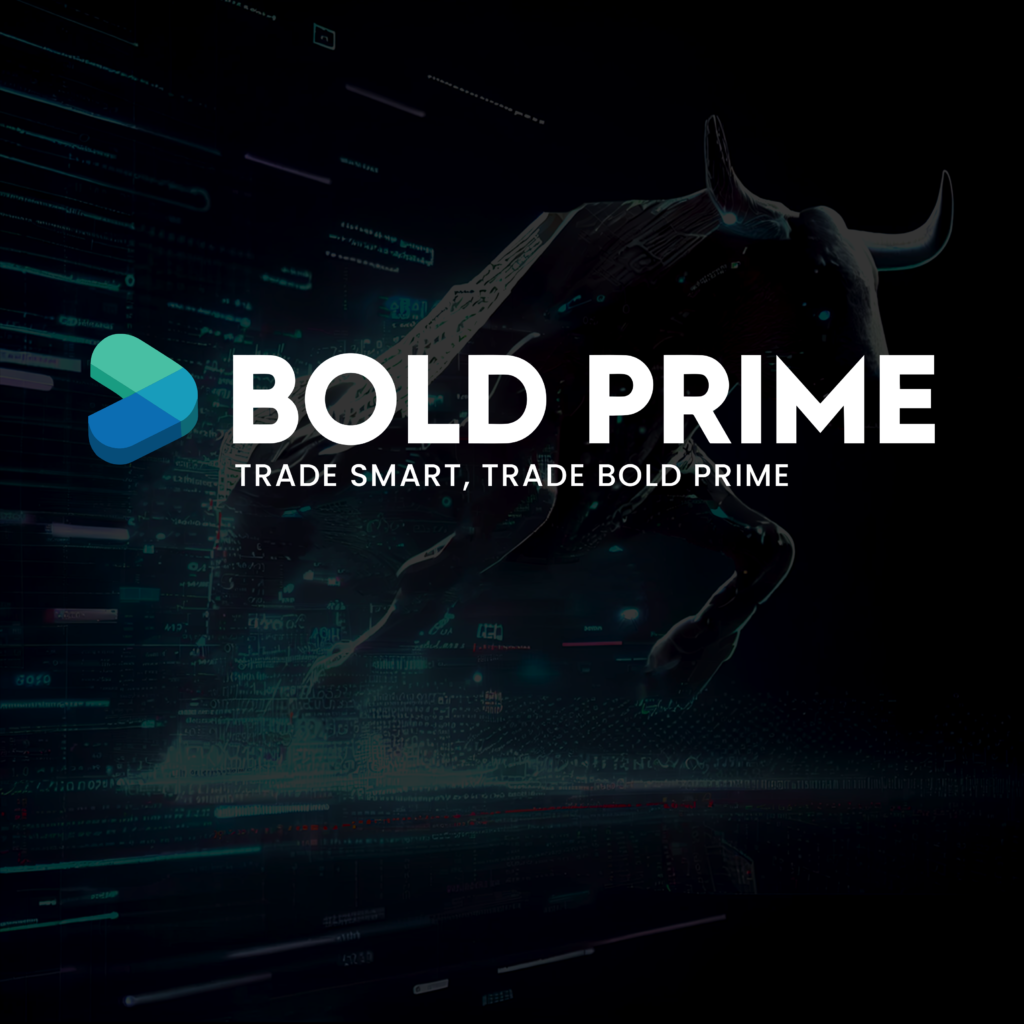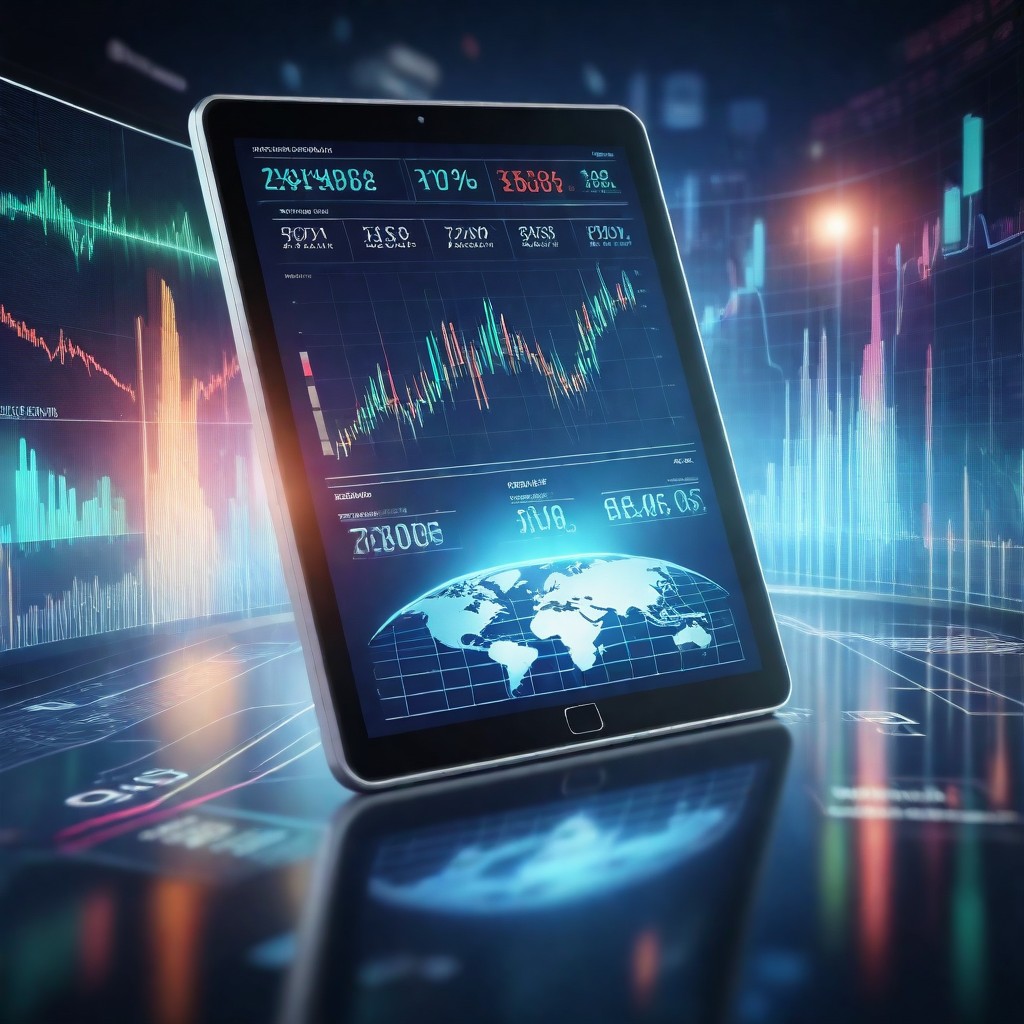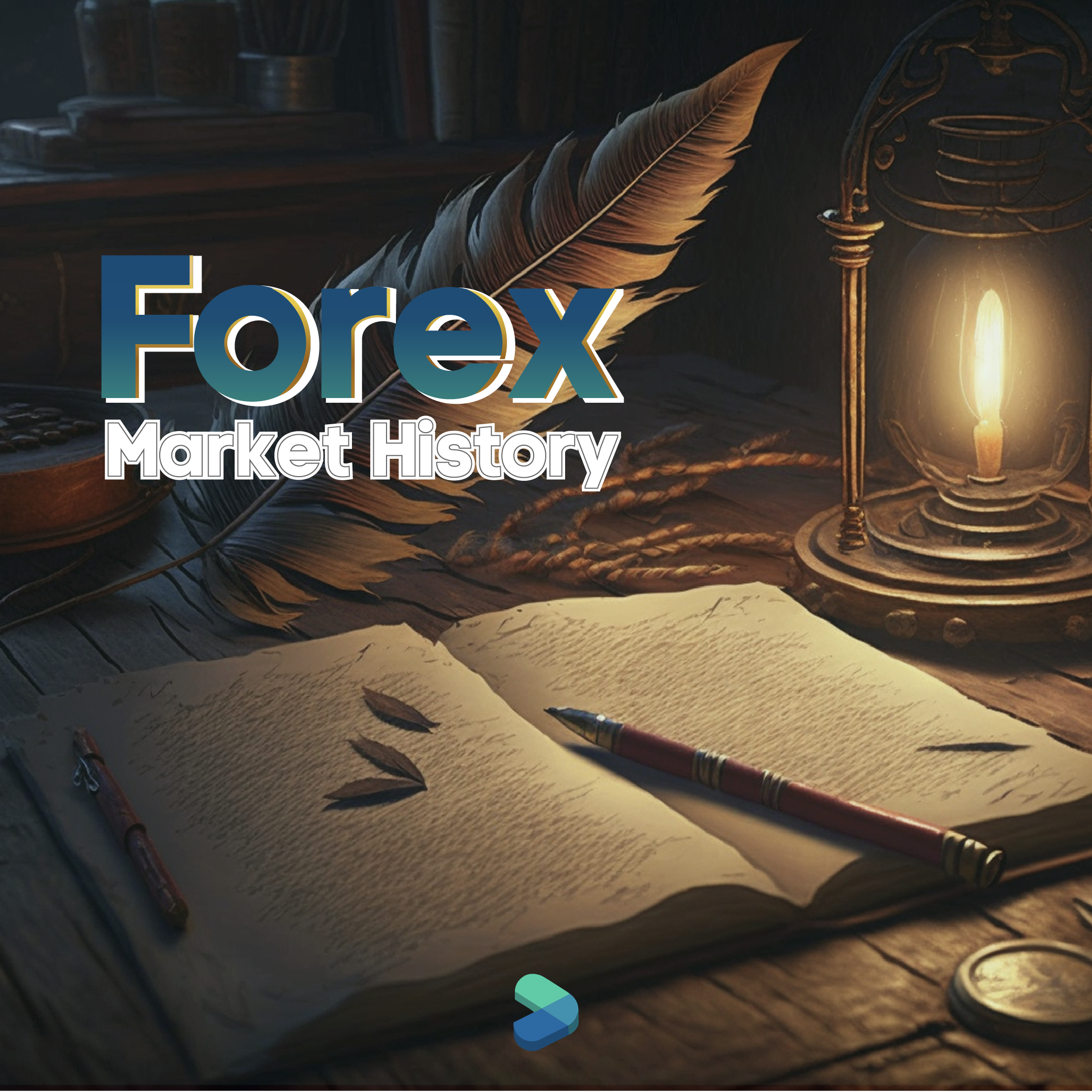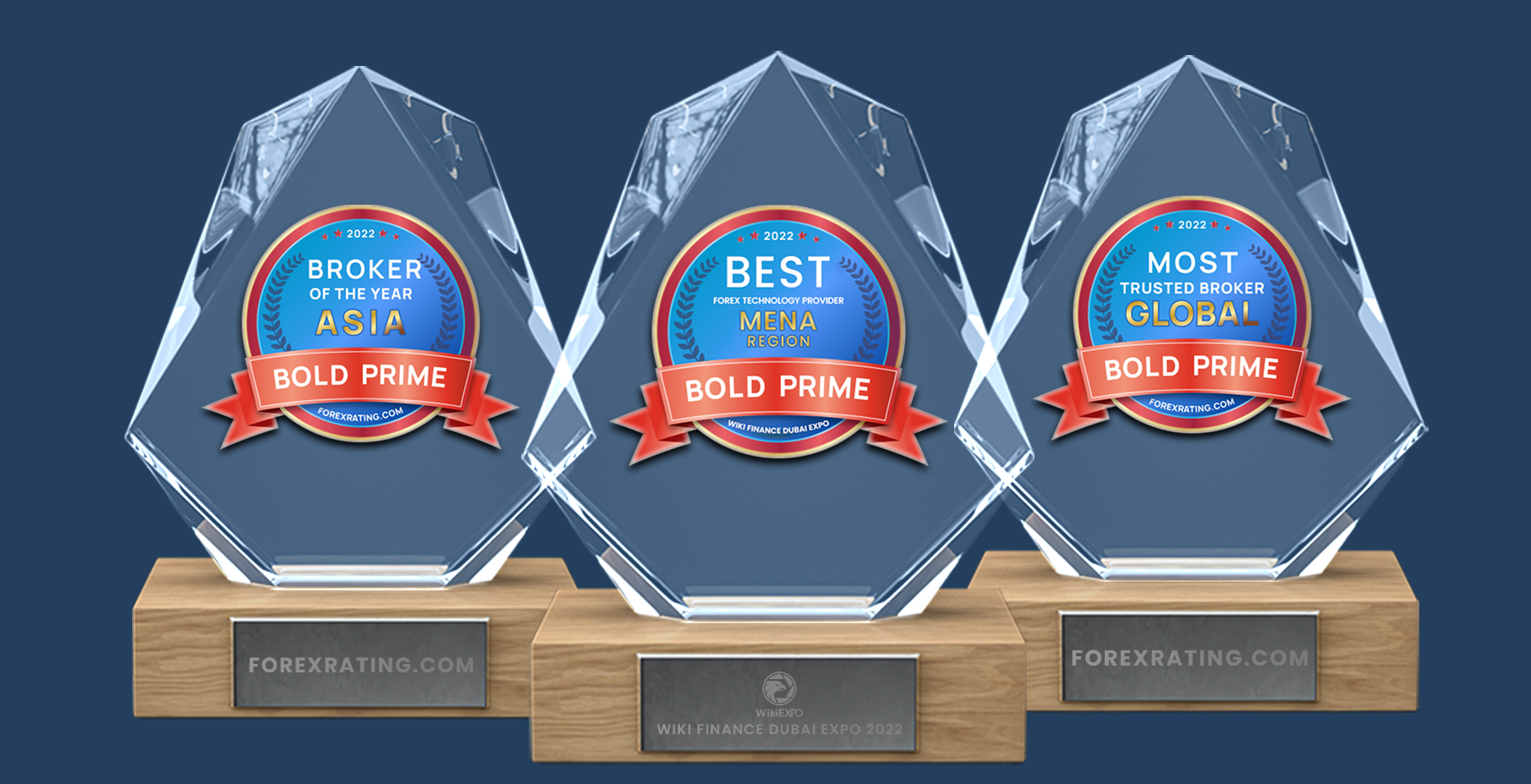In this article, we will explore the History of the Forex market, tracing its origins and its rise as the largest market in the modern world.
Trading has been essential for survival since early civilization. Marketplaces where people exchanged goods and services can be traced back to the middle ages. Trading was crucial for acquiring essential goods, and a barter system was commonly used. Over time, valuable items like precious stones and metals such as gold and silver became benchmarks of value and were minted into coins.
This marked the birth of the Foreign Exchange Market.
Key marketplaces with large ports were established worldwide, where international trade took place using gold as the universal currency. Eventually, countries introduced their own currencies, but the option to convert them back to gold remained. However, this conversion rarely occurred, leading to an abundance of paper money, inflation, and political instability.
To stabilize the situation, major economies implemented the Bretton Woods agreement during the final stages of World War II. This agreement pegged the value of all currencies to gold, which was valued in USD. It prevented currency fluctuations and manipulation, ensuring global economic stability. However, the system faced challenges as the demand for USD exceeded the world’s gold reserves, leading to a slowdown in the global economy.
The Bretton Woods system was eventually replaced by floating exchange rates. In 1971, President Nixon ended the Bretton Woods accord, and currencies became free-floating. The market determined the value of each currency based on supply and demand. Even individual traders could influence the value of global currencies through their trading activities.
Technology advancements and the internet led to the introduction of the Electronic Communications Network (ECN) in 1990. This facilitated electronic trading outside traditional exchanges, allowing investors worldwide to trade anytime and anywhere. Brokers emerged as market makers, setting their own bid and ask prices on the ECN network to profit from trades.
Retail Forex traders gained access to the ECN network through brokers, enabling them to trade with low minimum deposits and high leverage. Today, anyone can trade Forex from home using charting software and control significant amounts of currency.
The Forex market has evolved tremendously from its early days, and in the next chapter, we will discuss who actually trades in this market.








































